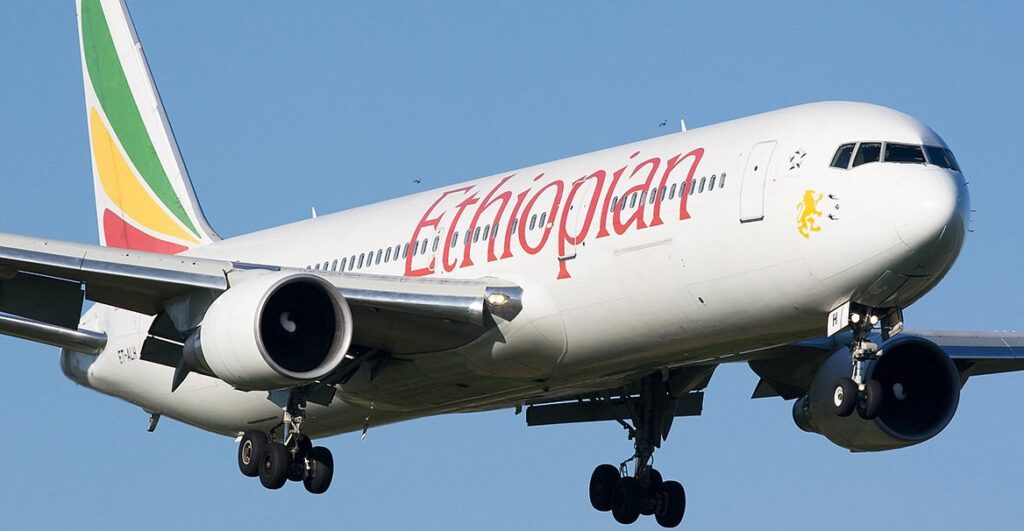Addis Ababa, Ethiopia – Ethiopian Airlines has officially signed an agreement for the design of what is set to become Africa’s largest airport once completed in 2029. The ambitious project will feature a four-runway facility and marks a significant expansion for Ethiopian Airlines, the continent’s leading carrier.
The new airport will be located near the town of Bishoftu, approximately 45 kilometers (28 miles) southeast of the Ethiopian capital, Addis Ababa. According to Ethiopian Airlines CEO Mesfin Tasew, the airport will be capable of handling up to 100 million passengers annually and will provide parking for 270 aircraft, making it a critical hub for both passenger and cargo traffic in Africa.

The design contract has been awarded to Dubai-based engineering and consulting firm, Sidara. Tareq Al Qami, Sidara’s Director of Operations, confirmed the company’s involvement in the project during a press conference. Plans for the new airport were first unveiled in 2018, but the project has gained momentum recently as Ethiopia seeks to position itself as a major aviation hub on the continent.
Mesfin noted that the current main hub for Ethiopian Airlines, Bole Addis Ababa International Airport, is nearing its capacity limit of 25 million passengers per year. This rapid growth underscores the necessity of expanding the country’s aviation infrastructure to accommodate increasing demand. “Bole International Airport will soon reach its capacity, which is why this new airport is so critical for our future operations,” Mesfin explained.

The new airport, which is part of a five-year development plan, is projected to be fully operational by 2029. Mesfin emphasized the scale of the project, stating, “It will be the biggest in Africa.” The construction phase alone is expected to cost at least $6 billion, with funding anticipated from various sources, including companies that have already expressed interest in the project.
Ethiopian Airlines has seen substantial growth in recent years. In the 2023/2024 financial year, the airline carried 17 million passengers and is on track to reach 20 million passengers in the current financial year. The expansion of airport facilities is seen as a necessary step to sustain and further accelerate this growth trajectory.
The new airport is expected to play a pivotal role in the airline’s future, enhancing its ability to serve as a gateway between Africa and the rest of the world. As Ethiopia continues to develop its aviation infrastructure, the country is set to solidify its status as a key player in global air travel.
reuters.com


